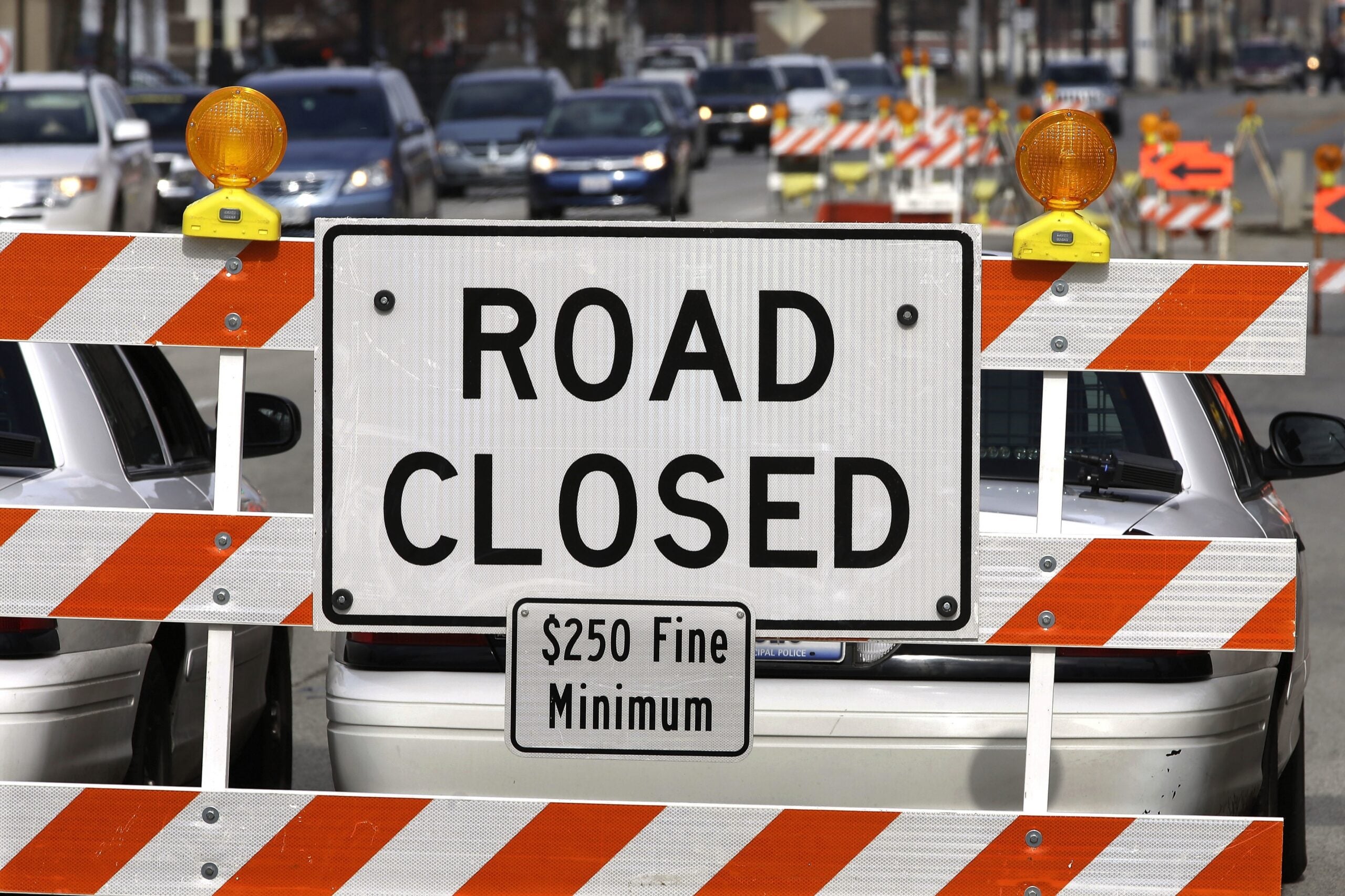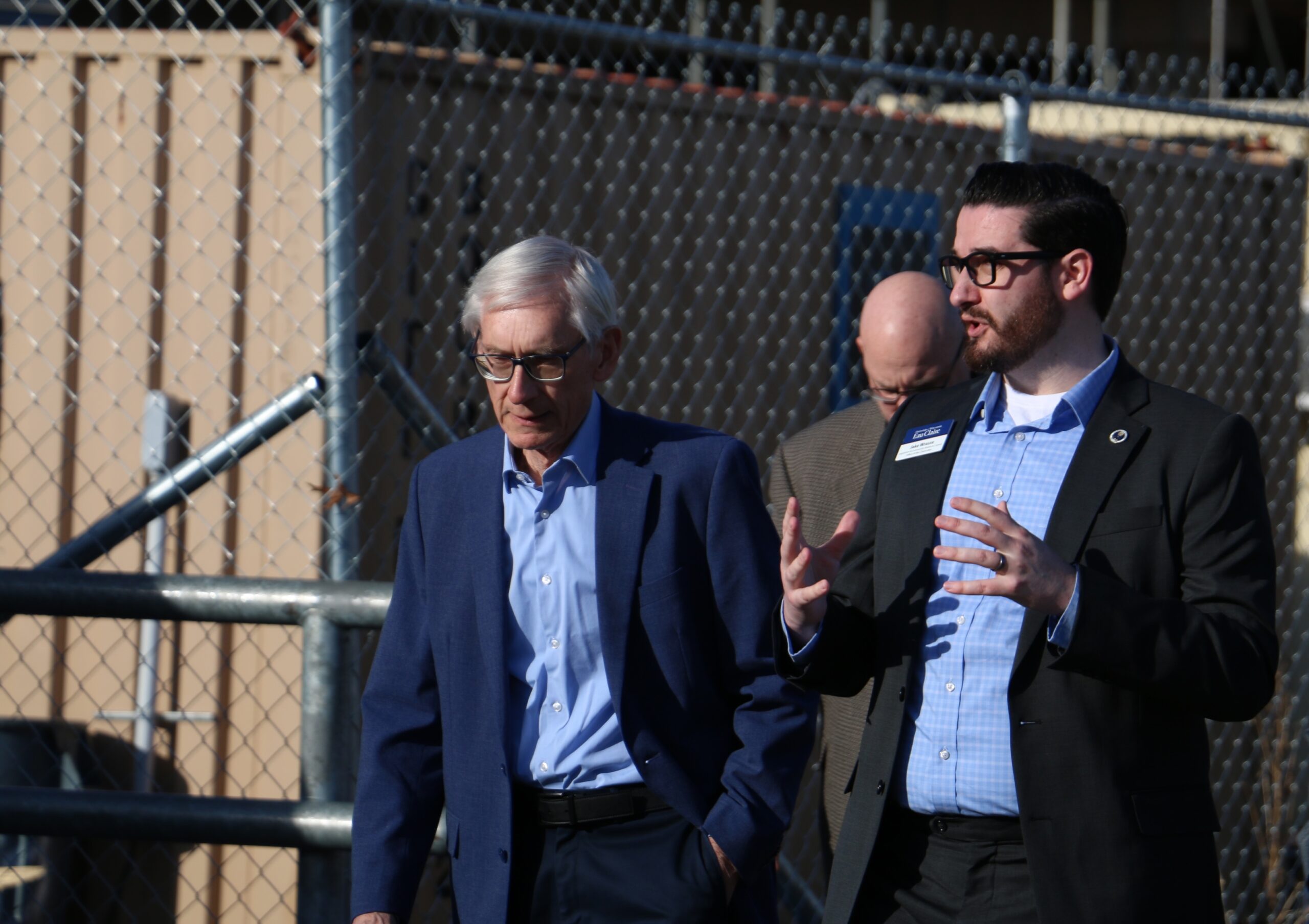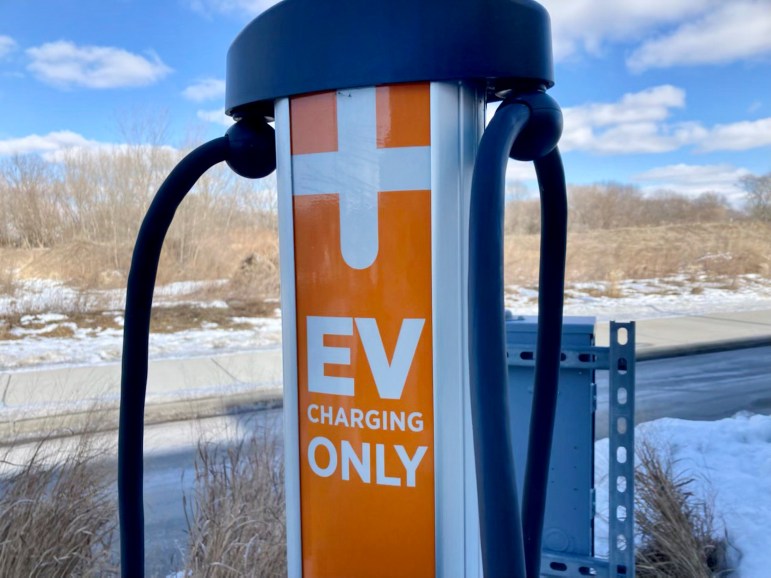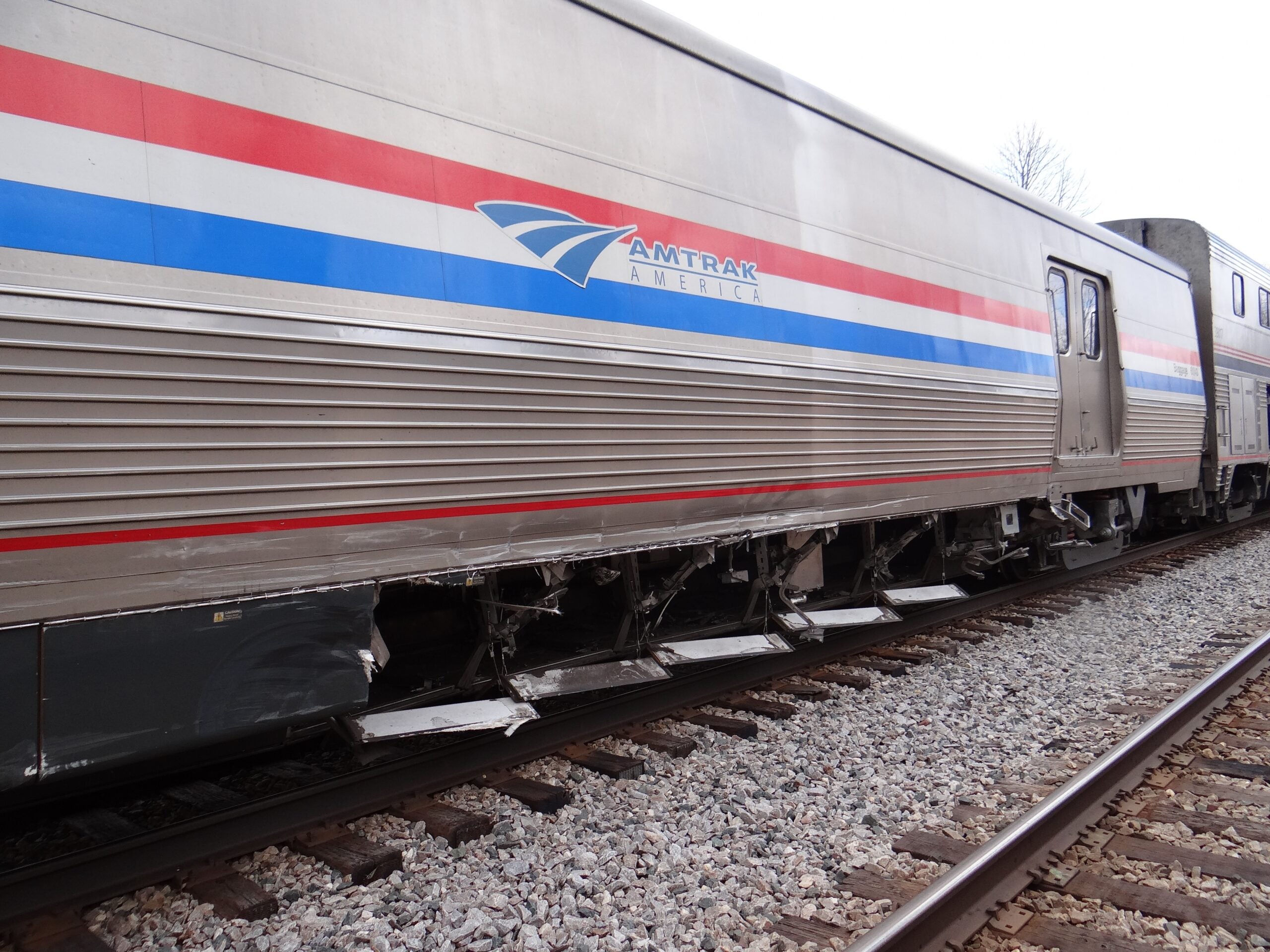Members of the state Legislature’s budget committee pummeled Gov. Scott Walker’s transportation secretary with complaints in a late night meeting Wednesday, with one lawmaker after another voicing frustration that Walker’s budget would put road projects on hold while state debt continues to grow.
At the same time, new DOT Secretary Dave Ross delivered a blunt message to lawmakers that they’d been misled over the years into spending more on road projects than the state could actually afford.
Walker’s proposed biennial budget would delay major road projects for the first time in years, including a rebuild of the northern portion of the Zoo Interchange in Milwaukee, an expansion of I-94 west of Milwaukee and an expansion of I-39/90/94 north of Madison. Walker’s budget would not raise taxes or fees, although the amount the state spends paying down old debt would grow to its highest level ever.
Stay informed on the latest news
Sign up for WPR’s email newsletter.
Some of the sharpest criticism of the governor’s plan came from Joint Finance Committee co-chair John Nygren, a Republican from Marinette, who focused on a recent audit and a DOT report that showed the condition of Wisconsin’s roads had steadily declined and were poised to get even worse.
“How do you, as a secretary of department of transportation, feel good with a budget that is not meeting our priorities, leading an organization that is going to see the further decline of our roads and have them become less safe?” Nygren asked in one of several unusually sharp exchanges with Ross, a cabinet secretary from his own party.
Democrats, like Middleton state Sen. Jon Erpenbach, got jabs in, too.
“I’ve said it before, our transportation system is falling apart before our eyes,” Erpenbach said. “And we have a governor who says, ‘We’re open for business. Oh, by the way, watch out for that pothole.’”
But Ross, who was appointed by Walker in late December, focused on a different portion of a recent state audit that showed the cost of 16 ongoing highway projects had increased by $3.1 billion since they were originally approved.
“This is not the Legislature or governor’s fault for us being in this position because the very thing that was pointed out in the audit is we didn’t tell you what these projects were going to cost,” Ross said. “It’d be like me selling you a house and saying it’s a $20,000 house, and you go to move in a year later and it’s $30,000. You were not given accurate cost estimates.”
Ross said the state was in the process of scrutinizing every project and finding savings wherever possible. He said that meant doing more engineering work in-house instead of paying outside consultants.
“We have an unusual situation in Wisconsin where DOT hires consultants to manage the consultants that they hired,” Ross said.
Ross said the state needs to finish its ongoing major highway projects before it took on new ones. Based on current timetables, that might not happen until 2024.
Some legislators made it clear they thought that was too long to wait. They also complained that governor’s transportation budget does too little to address transportation funding issues that have been years in the making.
“My concern is if we’re going to go down this route of saying we’re going to never, ever touch any fees or any more revenue, we are just naturally going to be in a position every year where we have less and less,” said Rep. Dale Kooyenga, a Republican from Brookfield. “We’re not living in our means, on many different levels.”
Should Walker’s transportation budget make it through the Legislature unchanged, the nonpartisan Legislative Fiscal Bureau said it would leave the state paying 22 cents of every dollar of transportation revenue to retire old debt by the year 2019. That’s double the amount the state was paying on debt service when Walker took office in 2011.
Ripon Republican state Sen. Luther Olsen said that if road projects were priorities, then the state should be focused on figuring out how to pay for them instead of delaying them.
“We are prepared to bite the bullet and raise some revenue,” Olsen said.
But even as GOP lawmakers like Olsen talked openly about wanting to raise taxes or fees for roads, the idea received a chilly reception from Republicans outside of the budget committee hearing room. Fellow Republican state Sen. Steve Nass, of Whitewater, issued a statement stressing he was against increasing transportation revenues.
“Sen. Olsen doesn’t speak for me on the gas tax,” Nass said in the statement. Olsen later clarified that he was not speaking for all Senate Republicans.
Walker himself weighed in on Twitter while Wednesday night’s budget meeting unfolded.
“Let’s be clear,” read the tweet from Walker’s official account, “I don’t support spending less on K-12 education than what’s in my budget, and I will veto a gas tax increase.”
Walker’s position on the gas tax has evolved since last year. In September, he said he was open to increasing transportation revenues if the state cut taxes by the same amount elsewhere in the budget. Walker has since said there’s no scenario in which he could support a gas tax increase.
Wisconsin Public Radio, © Copyright 2025, Board of Regents of the University of Wisconsin System and Wisconsin Educational Communications Board.





